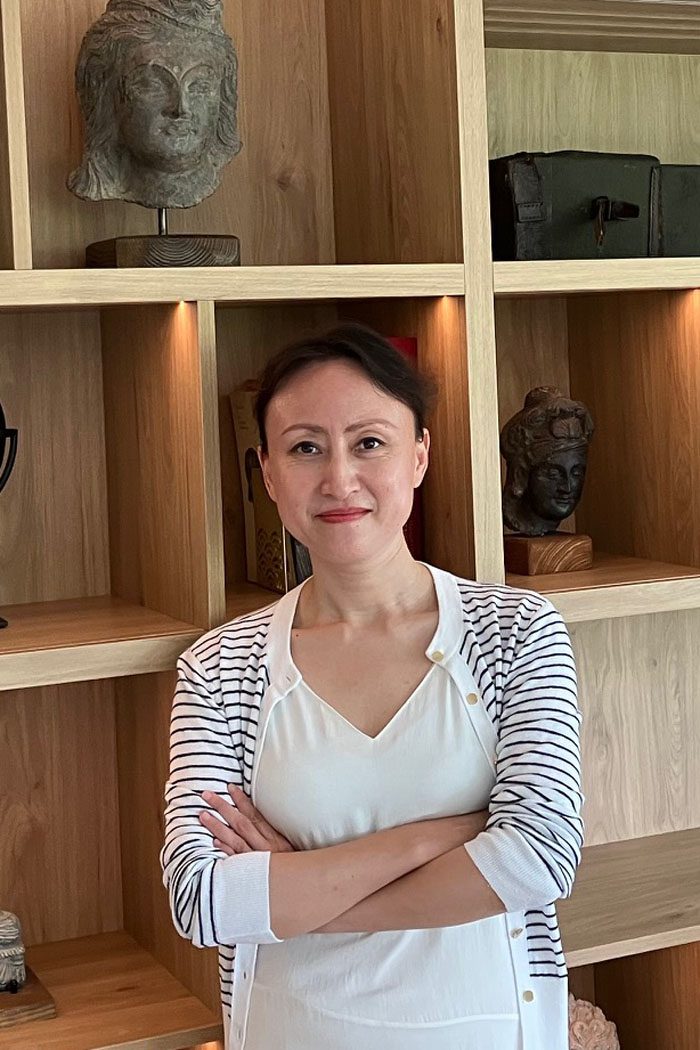“…this study is not only of interest to students of traditional Chinese women’s literature. It ranges over fields as widely apart as print culture, art history, social history and medical history. In each of these fields it shows a far more assertive participation of women than is commonly assumed.”
“stellar value,” “important contribution to scholarship.”
––Professor Wilt L. Idema, Nan Nü: Men, Women and Gender in China 18.2 (2016)
“Methodologically innovative, carefully researched, and clearly written, Yang’s book makes an important contribution to the study of Chinese women’s history and will be used widely in both teaching and research.”
––Professor Yiqun Zhou, Bulletin of SOAS, 80.3 (2017)
“「heroine」一詞在英文語脈中,具有三個基本意涵:(1) 因其勇氣、出色的成就或高貴的品格而受到讚揚的女性;(2) 書、戲劇或電影中的女主人公;(3)在神話或民間故事中,具有超人能力或半神淵源的女英雄。在該書中,作者楊彬彬教授巧妙運用了「heroine」的前兩種指涉,並同時將之融入清代女性書寫的脈絡中,賦予其更深的雙重意涵。”
––張容兒,《近代中國婦女史研究》30 (2017)
“innovative and engaging,”
“This monograph is not limited to traditional women writers themselves, but opens the conversation to how these women responded to the challenges as China was transitioning from the old empire to a modern nation-state.”
––Professor Yu Zhang, Chinese Literature: Essays, Articles, Reviews (CLEAR) 39 (2017)
“brilliant and pathbreaking,”
“Yang’s book provides important insights into the discourse of female exemplarity in late imperial China as a dynamic process driven by the active intervention of women.”
––Professor Anne Behnke Kinney, Journal of the American Oriental Society 138.2 (2018)
“In contrast to the ‘chaste widow’ heroines so often celebrated in the Qing period, Yang’s heroines, also chaste widows among them, ‘formulated their exemplary attributes broadly as economic contribution, political critique, managerial skills, practical knowledge, and the social and cultural prestige they brought to their families.’ (p. 155) … She questions the too-easy dichotomy between tradition and modernity, demonstrates the close connections between salt merchants and gentry families in the late Qing, and shows that even at the height of Confucian patriarchy, gentry women found ways to assert their autonomy and their concerns far beyond the ‘inner quarters.’ Binbin Yang has made a most valuable contribution to our understanding of late Qing social, literary and political history.”
––Professor Paul S. Ropp, CLEAR 40 (2018)








